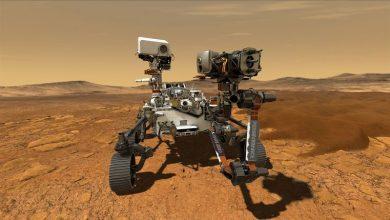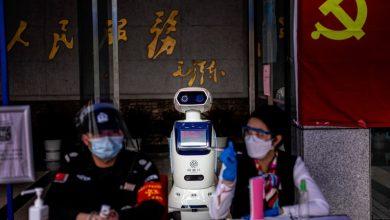Smart robots, are they actually smart?

In series such as Westworld and Black Mirror, it is a doom scenario: robots that have become so human that they eventually turn against people. Something that both recently deceased scientist Stephen Hawking and Tesla boss Elon Musk warned about. Marcel van Gerven, Professor of Artificial Cognitive Systems in Nijmegen, thinks that it is far from there.
“I see the potential risks if it ever comes to that and we have to be very aware of that. But the opposite could also be said: do we not have to protect the machines against humans? The Frankenstein’s monster was eventually also rejected by the person who made it. But equally realistic: theoretically it is possible, but practically we are far from ready.”
Van Gerven sees more urgent dangers in the short term: “AI can be used to monitor, influence or even take over our behaviour. Think of the social credit system in China or the apps that make fake news.” Yet he sees mainly the positive applications of artificial intelligence, “It can help us to reduce our energy needs, make our education more efficient and improve our health care, is ultimately up to us.”
What makes machines that are not yet as smart as we are? “What the machines lack is intentionality,” says the researcher, “they do not yet have a deep understanding of what they are doing.” Nevertheless, he expects that, in the long run, there will certainly be robots that are just as smart as we are. In recent times he has investigated what it takes to be able to provide machines with missing knowledge.
To be able to do that, according to Van Gerven, two things have to happen. We must first build smarter machines and also ensure that we understand the human brain better. Van Gerven: “We do not yet know everything about how people learn things and how we make predictions. That is knowledge that you could put into a machine to make it smarter.”
In addition, Van Gerven argues that other disciplines such as ethical and legal experts should also interfere. “Artificial intelligence is currently booming, both the government and companies use it, so we need to map out the urgent dangers and look at legislation and regulation, as with nuclear weapons, it’s important to keep it under control.”
When machines will be smart enough to outsmart us, Van Gerven says it is difficult to say. “If I knew that, then I already had the solution”, according to the professor, artificial intelligence is something that has become so intertwined with people that it will not go away, “the border continues to fade,” Van Gerven concludes. “But at the moment the gap between the machines and us is still very big.”
Artificial intelligence (also known as artificial intelligence or AI) is the intelligence with which machines themselves can solve problems. They absorb impulses from their environment and then decide independently how they respond to them. They imitate how people respond. Such machines have no consciousness (yet) but recognize patterns and follow certain algorithms. They always learn from the mistakes they make.
In addition to physical robots, artificial intelligence can also be found when you search for something via Google. Based on algorithms, Google tries to match the search results to your needs. By learning from your behaviour, the search engine is getting better at that.




